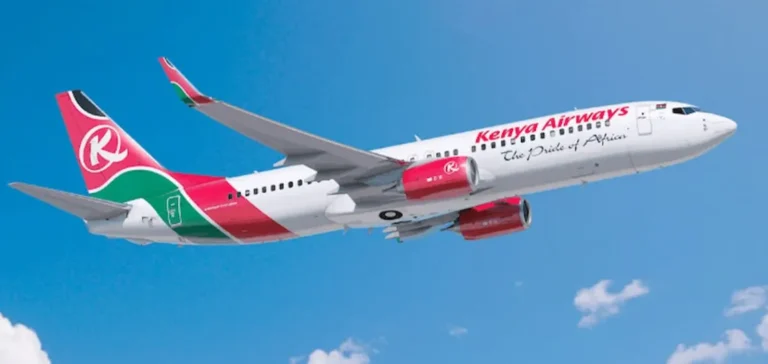The carrier allocated 50% Sustainable Aviation Fuel (SAF) attributes to the flight through a recognized chain-of-custody system without requiring an equivalent physical uplift. The framework relies on the Carbon Offsetting and Reduction Scheme for International Aviation (CORSIA) and on Book & Claim principles. The technical option combines mass balance (accounting allocation within a single infrastructure) and individual certificates for customers. The referenced product is Hydroprocessed Esters and Fatty Acids (HEFA) from used cooking oils, backed by internationally recognized certification schemes.
Accounting architecture and control requirements
The International Air Transport Association (IATA) recognizes chain-of-custody models compatible with auditable Measurement, Reporting and Verification (MRV). Mass balance allows fossil and sustainable volumes to be co-processed and attributes to be allocated at the infrastructure outlet while avoiding double counting. Book & Claim decouples the purchase of attributes from uplift, useful at airports without a physical SAF supply chain. Compliance requires retention of allocation evidence, certificate uniqueness, and temporal matching between production, purchase, and claim.
The “50% SAF” claim corresponds to attribute coverage of the flight’s energy needs rather than an identical molecular content in the tank. This approach is designed to create a verifiable demand signal without waiting for high on-site blend availability. Contracts typically include documented traceability, anti-double-counting provisions, and delivery schedules for attributes. Corporate customers integrate these certificates into their Scope 3 Category 6, subject to alignment with their inventory frameworks.
SAF economics and price structure
The unit cost of SAF remains multiple times higher than Jet-A, with a premium driven by supply scarcity, HEFA feedstock costs, and biorefinery capital amortization. Airlines spread the premium through dedicated surcharges, client pricing grids, and certificate programs while limiting exposure via adjustable attribute volumes. Price volatility reflects the gap between rising blending mandates and the cadence of industrial commissioning. Storage, dosing, and certification infrastructure at airports influences the spread between the accounting cost of attributes and the operational cost of a physical uplift.
The announced domestic capacity plan targets premium reduction through feedstock proximity and public incentives. Envisaged feedstocks include used cooking oils and animal fats, with competitive sourcing at urban and regional scale. Bankability rests on staged offtake contracts, performance guarantees, and continuous lot certification. The ramp-up will determine the share of physical uplifts achievable on regional and international routes.
Regional competition and hub positioning
Within the region, Ethiopian Mineral Corp and Sunbird Bioenergy Africa are developing an Alcohol-to-Jet (ATJ) biofuels complex aiming for blends up to 10% with dedicated agricultural inputs. This trajectory exerts competitive pressure on attracting offtakes and capital, as well as on the ability to supply exportable attributes. Prior cooperation with KLM Royal Dutch Airlines supports technical and documentary standardization, useful for aggregating international corporate demand. The African Airlines Association (AFRAA) facilitates the diffusion of common practices on compliance and quality.
Hub positioning will depend on three factors: pace of securing permits and fiscal incentives, feedstock procurement, and the signing of logistics agreements with key airports. Fueling and storage operators will be central to shifting from a predominantly attribute-based model to a hybrid model with significant uplift. Airlines will seek to minimize operational frictions by harmonizing certification procedures across platforms.
Operational indicators for demand and revenues
The 50% attribute test serves as a measurable proxy for customers seeking verifiable reductions. Book & Claim programs enable monetization of attributes independently of local uplift, creating a distinct and recurring revenue line. Corporate segments with high interregional travel intensity prioritize certificates compatible with their inventories and non-financial reporting. Spreads between attribute pricing and uplift costs guide purchasing tactics, with baskets mixing spot contracts and term commitments.
The most observed contracting policy is modular offtakes indexed to capacity ramp-up and industrial performance milestones. Common clauses cover lot quality, certificate validity, anti-double-counting safeguards, and limited transferability. Airports with dosing and dedicated storage units obtain shorter approval cycles for blends, conditioning expansion to higher physical percentages. The cost trajectory remains sensitive to public decisions on taxes, subsidies, and guarantees.






















